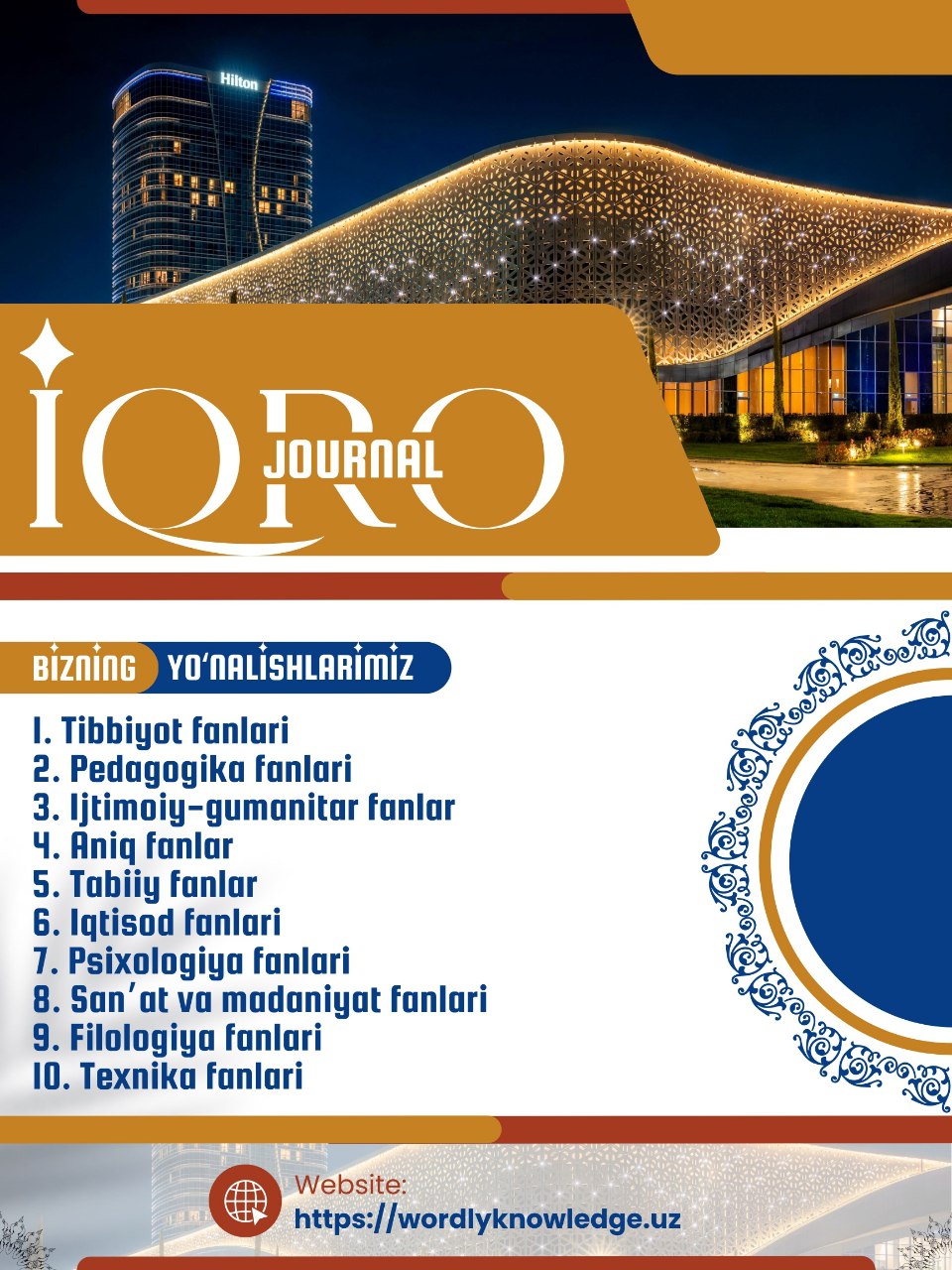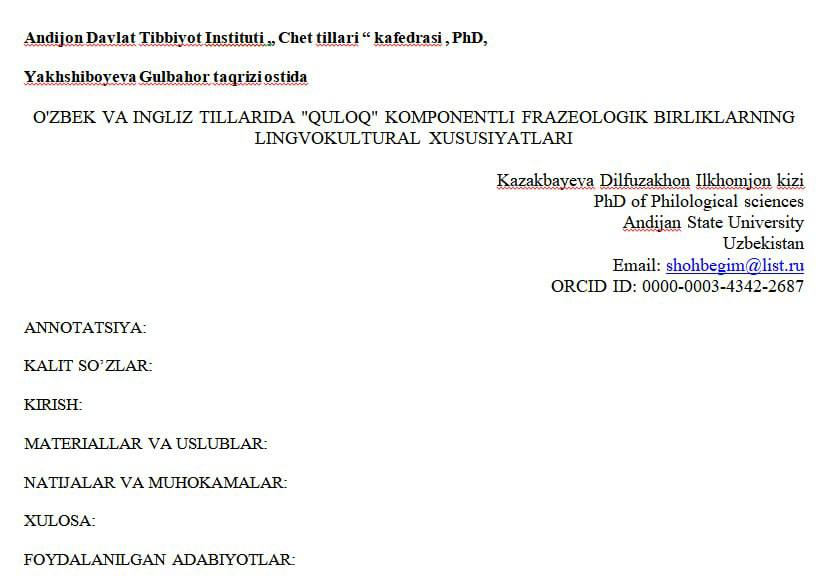ARTIFICIAL INTELLIGENCE TOOLS AND ALGORITHMS THAT HELP STUDENTS
Keywords:
artificial intelligence, adaptive learning, self-directed education, AI algorithms, virtual tutoring, NLP, learning analytics, student performance.Abstract
The rapid advancement of Artificial Intelligence (AI) technologies has significantly influenced the field of education, particularly in the context of personalized and independent learning. AI tools and algorithms are now widely used to assist students in areas such as language learning, writing assistance, adaptive testing, and real-time feedback. This article explores the major AI-based educational tools and the algorithms that drive them, analyzes their pedagogical advantages, and discusses challenges related to their integration in learning environments. The study emphasizes how AI improves academic performance, motivation, and autonomy in students.
References
1.Luckin, R. (2022). AI in Education: How Artificial Intelligence is Reshaping Learning. Routledge.
2.OECD (2023). Artificial Intelligence and the Future of Education. OECD Publishing, Paris.
3.Bates, A. (2021). Teaching in a Digital Age. Vancouver: BCcampus.
4.Holmes, W., Bialik, M., & Fadel, C. (2019). Artificial Intelligence in Education: Promises and Implications. Center for Curriculum Redesign.
5.UNESCO (2021). AI and Education: A Guidance for Policymakers. Paris: UNESCO.














